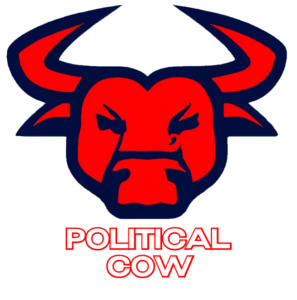In a political landscape that’s increasingly dominated by big money, the line between serving the public interest and serving one’s own financial interests has become increasingly blurred. Some of the most prominent politicians in the United States have been implicated in conflicts of interest and criticized for the influence of money in their decision-making.
One notable example is California Senator Dianne Feinstein, who has been accused of using her position to advance the interests of her husband’s real estate firm. Critics argue that she has used her influence to benefit her husband’s business at the expense of the public good.
Another high-profile figure who has faced criticism over conflicts of interest is House Speaker Nancy Pelosi. Pelosi has been accused of using her position to advance the interests of her family, including her husband and children, who own a number of real estate and investment companies.
The controversy over Hunter Biden, the son of President Joe Biden, is also a prime example of the influence of wealth and connections in American politics. Hunter Biden has faced criticism for his work on the board of a Ukrainian energy company while his father was Vice President, with some suggesting that he leveraged his family’s political connections to enrich himself.
These examples highlight the growing problem of conflicts of interest in American politics and the influence of money on elected officials. Critics argue that politicians should be held to a higher standard of ethics and that the public deserves to know about any potential conflicts of interest that may influence their decision-making.
The influence of wealth and conflicts of interest in American politics is a growing concern for many citizens, who demand transparency and accountability from their elected officials. With so much at stake, it’s imperative that politicians take steps to address these issues and put the interests of the public first.

